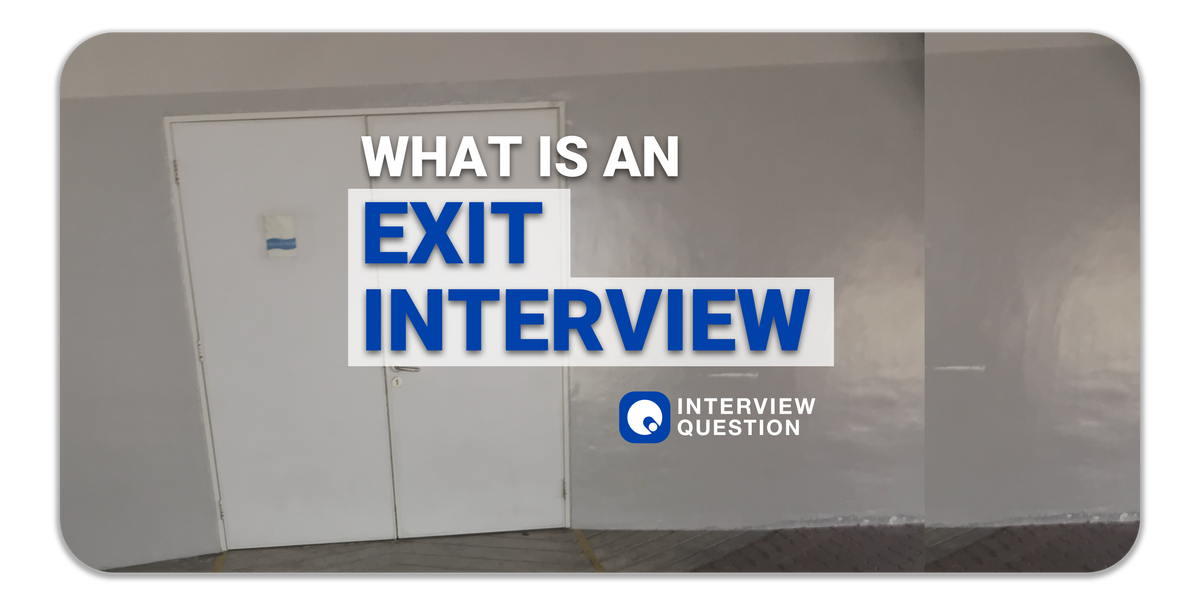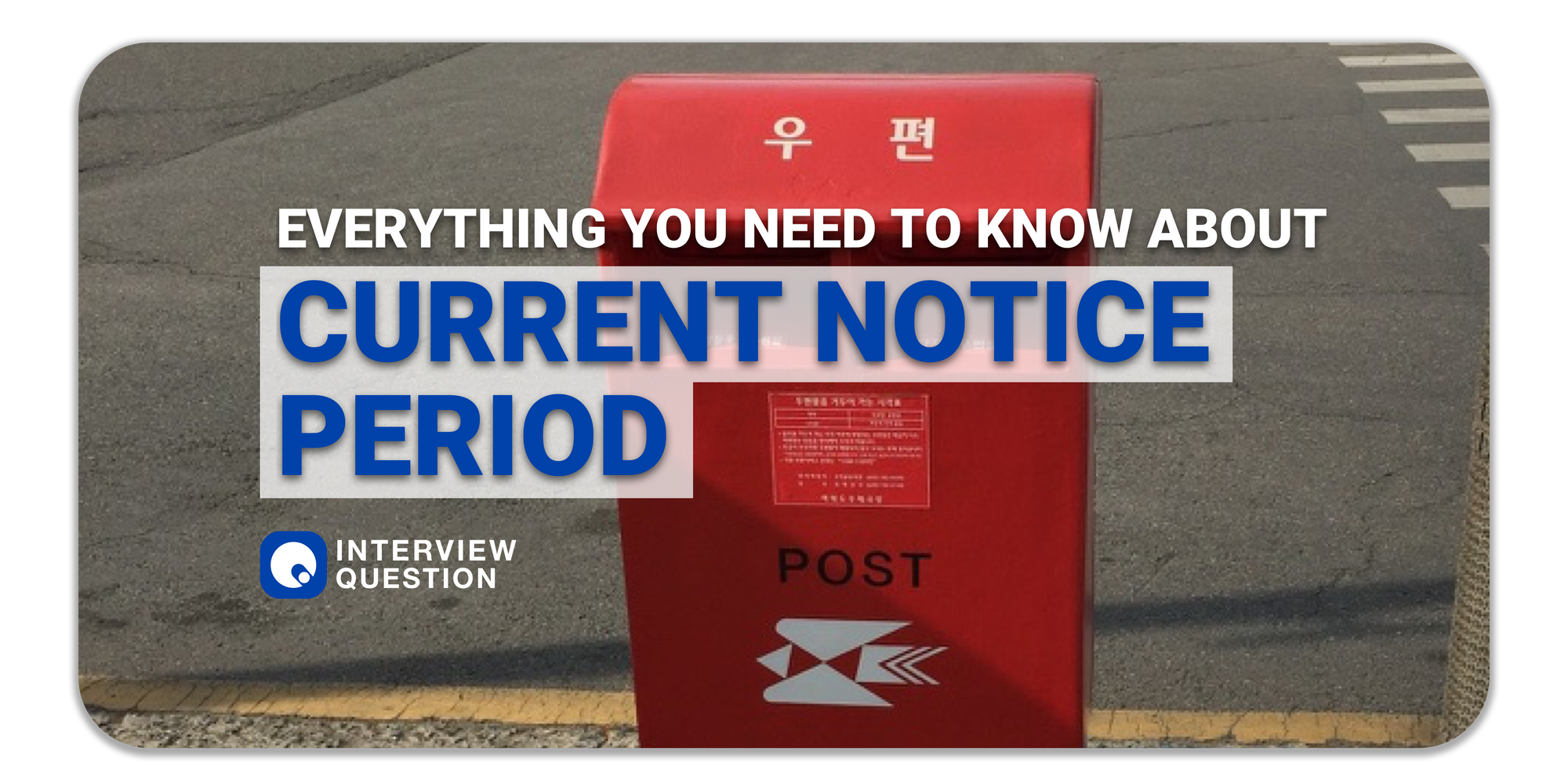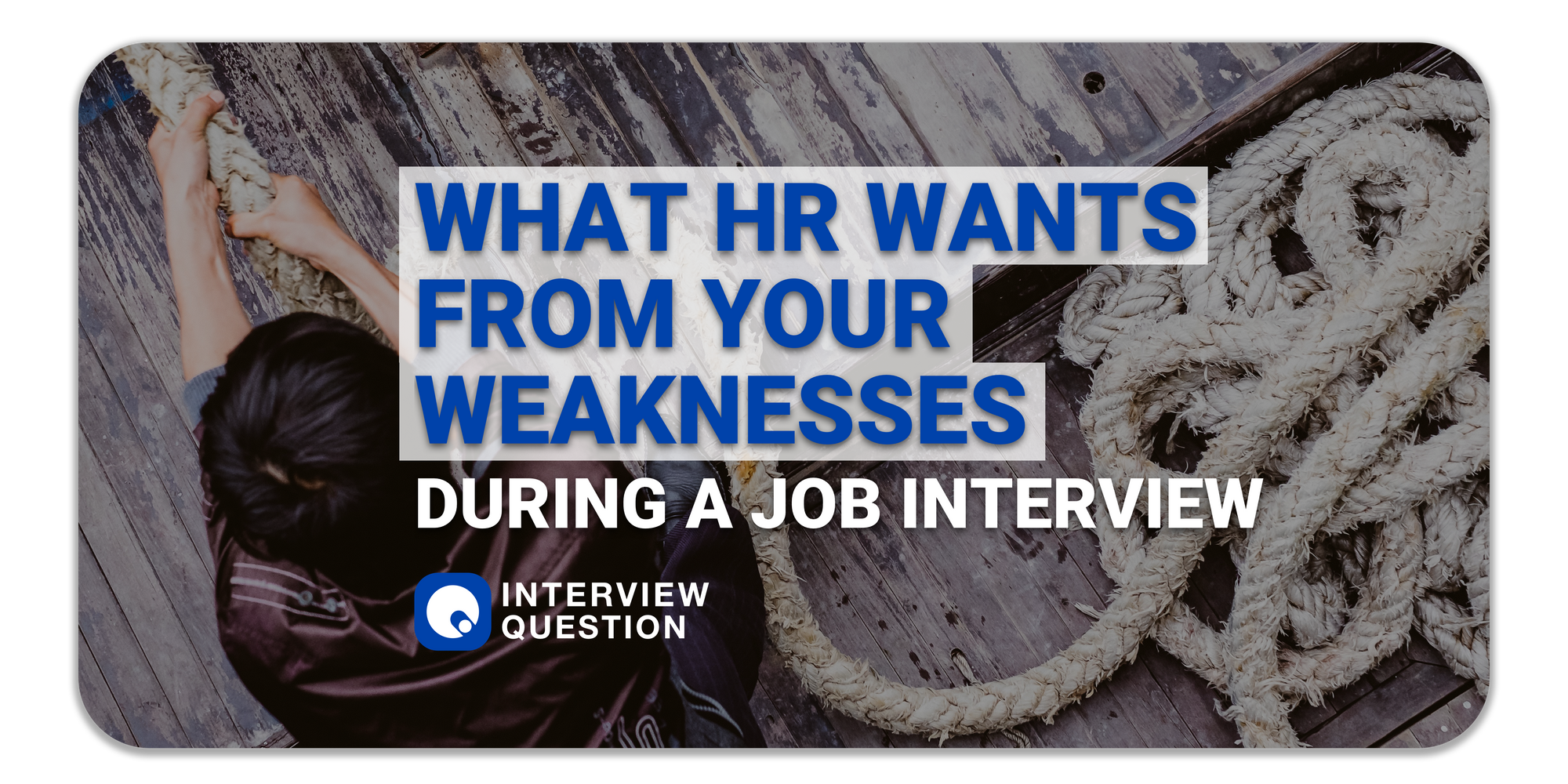What is an exit interview, and does this affect me if I've tendered?
Explain what an exit interview is, and whether employees who already submitted resignation should care about this

A short explanation on what an exit interview is
An exit interview is a meeting between an employee and their employer conducted just before the employee leaves the company. This interview session is held while the employee is still formally and legally working for the organisation, usually during his or her notice period.

Purpose of an exit interview
The purpose of an exit interview is to talk about the employee's reasons for leaving and to gather feedback of their experience of working for the organization.
Finding out the reason(s) why the employee wants to leave
Exit interviews are an opportunity for employers to collect information about why an employee is leaving, and whether they would recommend the company to others.
Some employers use the exit interview to urge and retain a strong employee to stay in their organisation, or to offer a counter-offer. Other employers use the exit interview as an opportunity to learn about problems in the workplace, so that they can be addressed.
There are many reasons why employees may choose to leave a company, and these may vary depending on the individual's situation. Some common reasons include:
- Dissatisfaction with salary or benefits: Employees may feel that they are not being paid enough, or that their benefits are not competitive
- Dissatisfaction with management: Employees may feel that their managers are unfair, micromanage them, or do not value their input
- Dissatisfaction with workload: Employees may feel like they are given too much work, or that their job is not fulfilling
- Dissatisfaction with company culture: Employees may feel like the company culture does not match their values, or that it is too stressful/competitive
- A desire for more challenging work-a desire for greater autonomy or independence in their work
- Relocation to another city or country
Collect feedback for corrective action
Feedback from the exit interview can be used to improve the workplace for future employees.
If there are common themes in the reasons for leaving, employers can address these issues to improve retention. For example, if employees are leaving because of dissatisfaction with salary, the employer may consider increasing salaries across the board. If employees are leaving because of dissatisfaction with management, the employer may consider training managers on how to better communicate and work with their team.
For weak performers who choose to leave, employers may just let them go for they are of little value to the organisation. The exit interview, like any other regular job interview, will be used to identify potentially poor performers for their record. If these people do end up reapplying for the same company again, they may be rejected outright.

Corrective action can be planned and implemented from exit interview discoveries. Planning and taking action can then help to improve employee satisfaction and prevent high turnover rates.
But I've already chosen to quit. Do I need to care about this exit interview?
If you've tendered your resignation but you are still serving your notice period, then you are still employed by the company and thus you will be required to participate in an exit interview. Even if you have already decided to leave, it is important to be professional and respectful during the exit interview process.
Go for the exit interview because it is part of the normal, regular HR process initiated when an employee leaves
The exit interview is a valuable tool for your employer. It allows them to understand the reasons why you are leaving and also provides an opportunity for you to give feedback about your time at the company. You might not care, but the employer cares about this. To them, the exit interview helps them gain greater clarity about an individual’s reasons for leaving, understand whether there are any specific issues that can be addressed in the workplace and improve retention rates by highlighting what needs to change.
Treat the exit interview with respect by preserving relationships and not burning bridges
It is important to remember that you will need a reference from this employer when seeking future employment. Relationships take time to build and a moment to destroy. It is therefore advisable not to use the exit interview as an opportunity to vent your frustrations or give negative feedback. Instead, try and focus on the positive aspects of your time at the company (e.g. people you enjoyed working with) while being honest about your reasons for leaving (e.g. career development). Some employers practice flagging or leaving black marks on their internal records for uncooperative ex-employees who cause trouble for HR.
Even if your exit interview is voluntary, you should still take it seriously. This exit interview is an opportunity for you to have an open and honest conversation (to certain limits) with your employer about your time at the company without immediate repercussions. Ultimately you can and you have the option to decline to participate if you don't feel comfortable doing so. If you do choose to participate in an exit interview, be honest but respectful in your responses.

